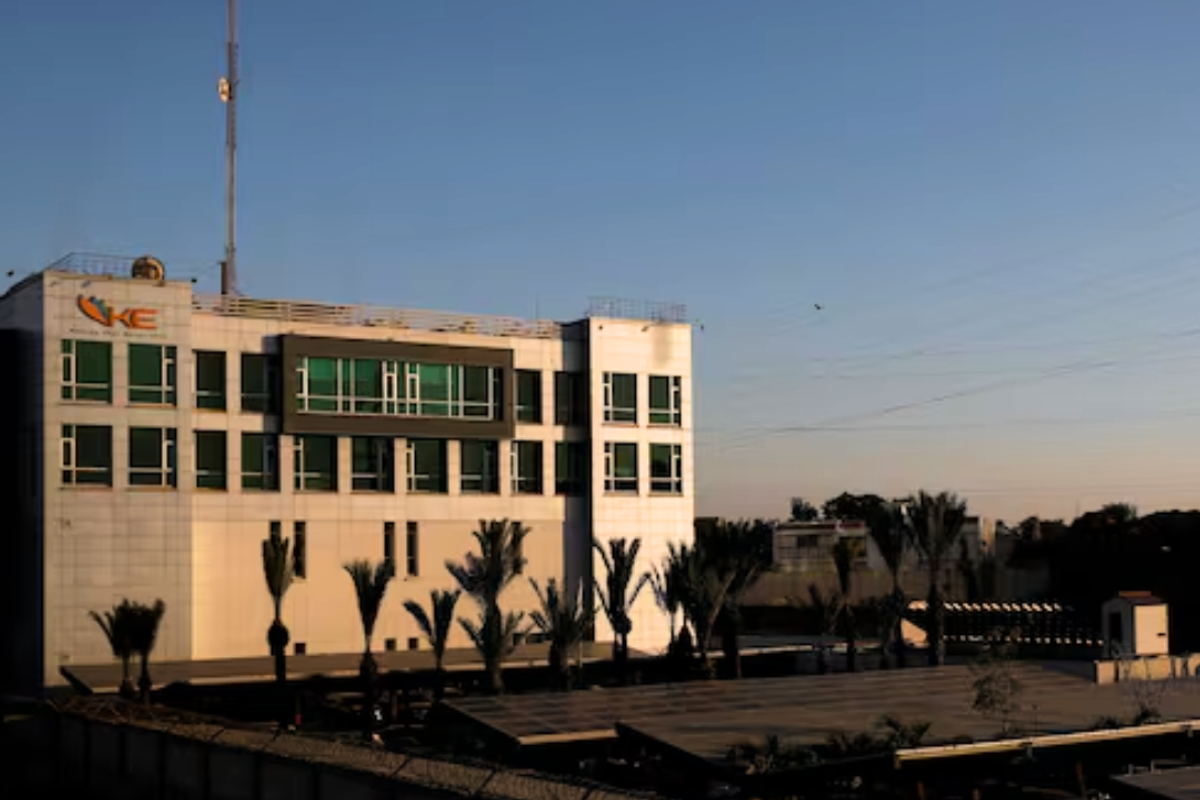Pakistan regulator revises tariff for Karachi consumers but K-Electric objects
Company describes decision as as “drastic” and “unsustainable”
Business Desk
The Business Desk tracks economic trends, market movements, and business developments, offering analysis of both local and global financial news.

In a major regulatory shift, Pakistan’s National Electric Power Regulatory Authority (NEPRA) has reversed several earlier determinations related to K-Electric’s multi-year tariff, slashing the average tariff from PKR 39.97 per unit to PKR 32.37 per unit — a move KE says could significantly impact the utility’s financial sustainability and its consumers.
The decision, disclosed to the Pakistan Stock Exchange (PSX) under Sections 96 and 131 of the Securities Act, 2015, follows NEPRA’s review of multiple motions filed by various stakeholders. These reviews pertained to KE’s multi-year tariff determinations for its generation, transmission, distribution, and supply businesses for the period FY2024-FY30, as well as its investment plan, loss assessment, and write-off claims for the prior multi-year tariff cycle from FY17-FY23.
While NEPRA upheld its previous stance on KE’s write-off claims, it revised other key determinations, including the approved tariff and investment outlook, in a decision that KE described as “drastic” and “unsustainable”.
“These changes would not be sustainable for KE and would also have significant consequences for its stakeholders, including its consumers,” the company said in its stock filing dated October 21.
K-Electric stated it is currently reviewing the details of NEPRA’s revised decision and intends to pursue all available legal and regulatory remedies under the applicable framework.
A long battle over tariff structure
K-Electric, Pakistan’s only vertically integrated power utility, had long been engaged in back-and-forth regulatory proceedings with NEPRA over its tariff structure.
In May, NEPRA had approved an average tariff of PKR 39.97 per unit for KE, after months of deliberation tied to the company’s performance benchmarks and investment commitments.
The approved tariff was meant to cover KE’s projected operational and capital expenses through 2030, enabling long-term infrastructure development in Karachi, Pakistan’s largest city and commercial hub.
However, the new decision represents a significant rollback, lowering the average tariff by over PKR 7 per unit—a nearly 19% cut—raising fresh questions about KE’s ability to fund planned network upgrades, manage rising energy costs, and address circular debt pressures.
The revised determination also comes at a time when Pakistan’s power sector is already reeling from mounting losses, theft, and liquidity constraints, leading to frequent power outages across the country.
Analysts warn that the tariff reduction could hinder KE’s ability to invest in critical transmission and distribution infrastructure, potentially slowing progress on grid modernization and increasing system losses in a high-demand urban center.
K-Electric has previously highlighted the need for tariff predictability and regulatory clarity to secure financing and execute large-scale projects, including renewable integration and smart grid technologies.
With the revised multi-year tariff now in effect, the utility’s leadership is expected to engage with regulatory authorities and policymakers in the coming weeks to seek relief or reconsideration. Legal action is also a possibility, depending on the company’s internal review.










Comments
See what people are discussing